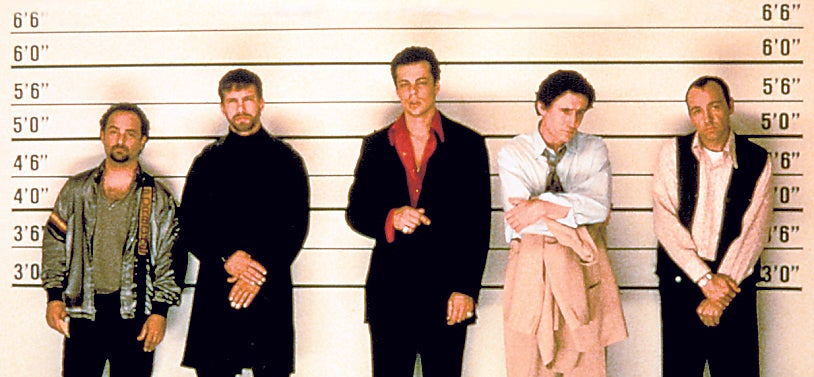Why the usual suspects lose out in ID parades

The classic image of the identity parade could soon be out of date.
A US study has revealed that the time-honoured line-up of potential criminals makes crime victims more likely to pick out the wrong person than an alternative method in which they see the suspects one by one.
According to the survey for the American Judicature Society, the likelihood that witnesses will make mistakes is further reduced if the person showing them has no knowledge of the case. The revelation could bring an end to one of the most familiar images of police procedural television drama.
The research, welcomed by some legal defence specialists, suggests traditional identity parades with everyone in the line-up shown simultaneously, even if in the form of mug shots on a computer screen, lead to wrong identifification 18 per cent of the time.
The mistake rate, however, fell to 12 per cent in the so-called "double-blind sequential" line-ups. The double-blind element is said to be important because the person showing the mug-shots knows who the suspect is, and may inadvertently give subtle cues to the witness, skewing the outcome. The study used witnesses in real-life cases in cities including Austin, Texas, and San Diego.
"Now we have proof from the field that witnesses who view double-blind sequential line-ups are just as likely to pick the suspect, and perhaps more importantly, less likely to make a misidentification," said Dr Gary Wells of Iowa State University who led the research. "What we want the witness to do is don't decide who looks most like the perpetrator, but decide whether the perpetrator is there or not." The sequential approach has already been adopted by almost a quarter of police departments in the US
"It's wonderful," Rosemary Lehmberg, an Austin-based prosecutor, told The New York Times. "It's the first time I have seen a study that has the potential to convince folks that double-blind sequential can really help cut down on mistaken identity."
Austin Chief of Police Art Acevedo is among those still reserving judgment, however. "It's a great starting point," he said, "but we're not at the finish line yet."
Join our commenting forum
Join thought-provoking conversations, follow other Independent readers and see their replies
Comments
Bookmark popover
Removed from bookmarks